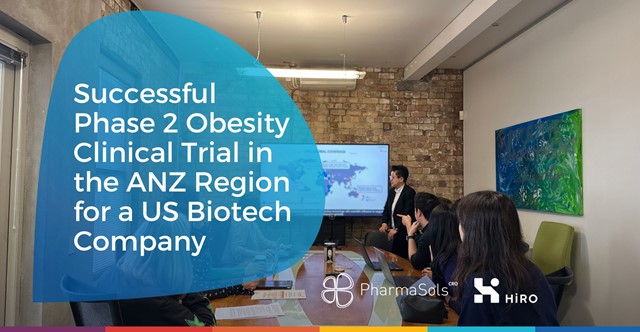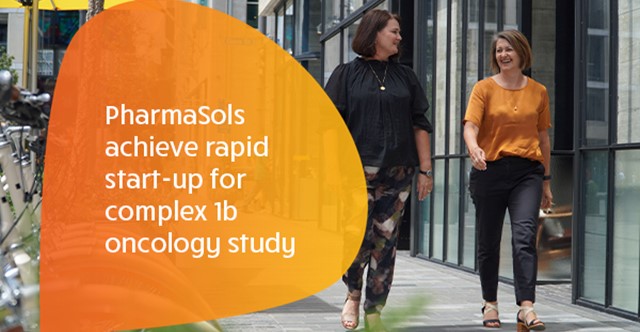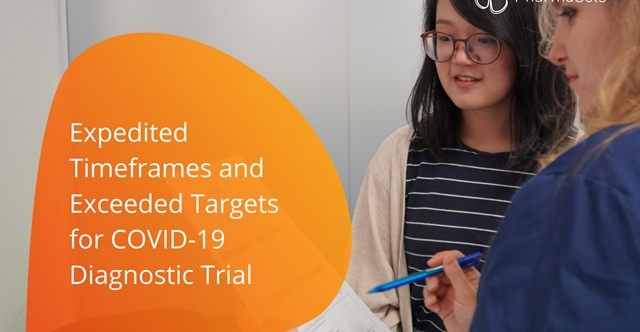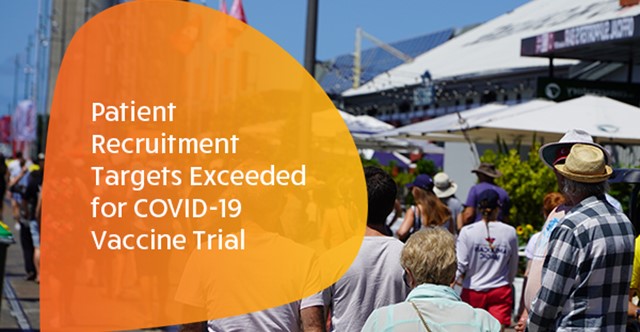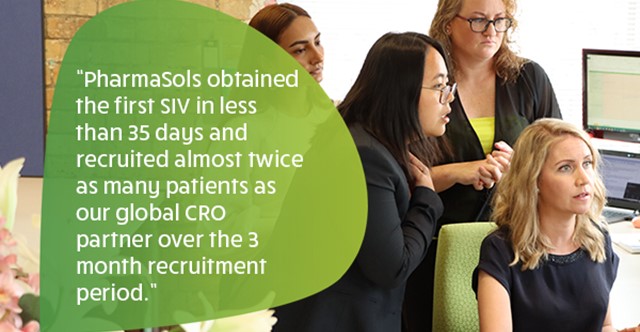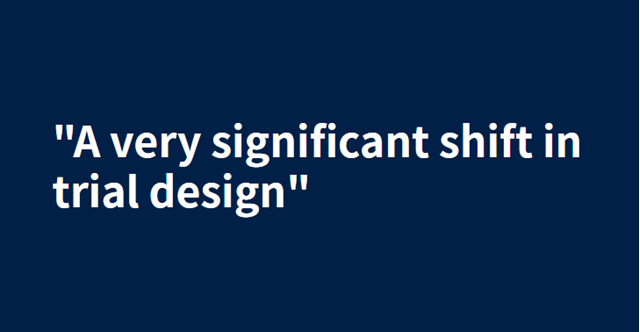10 MAY
Rapid Start-up and Tight FPI Timeline for US Biotech Clinical Trial

Overview
After a sudden decision to expedite their study timelines, a US Biotech company approached PharmaSols in need of a CRO who could successfully achieve a quality rapid start-up within a tight timeline.
PharmaSols’ expertise in navigating through local ethics and regulatory submission requirements and attaining approval gave our sponsor the confidence that this was a challenge we could handle.
Accelerated by our efficiency, precision, and willingness to go the extra mile, our rapid start-up team was able to review and identify changes in the final protocol, obtain the necessary approvals, and meet the sponsor’s FPI timeline despite it falling on a Sunday.
Challenges
This study came with a few challenges:
- Change in study submission date (from contract sign to ethics submission shortened to less than a week)
- Only a draft protocol was initially available
- The draft Protocol required a full review, amendments made, and sponsor sign off
- The final target FPI date fell on a Sunday
The Outcome
Despite the short submission timelines, the rapid start-up team ensured that all documents were developed, quality controlled and submitted within the sponsor’s timeframe.
Our team assisted in the review and suggested amendments to the draft protocol. Along with our extensive knowledge of local ethics committee requirements, we were also able to prepare the ethics submission rapidly.
The study received full ethics and regulatory approval on time. While there were some minor queries from the ethics committee, the collaborative effort between PharmaSols, the principal investigator, and the sponsor meant these were resolved quickly and smoothly, all still within the tight timeline.
At PharmaSols, we maintain strong, reliable relationships with our sites. The site understood the importance of the sponsor’s FPI target and they allowed administration of the first patient dose on a Sunday.
The sponsor initially recognised PharmaSols’ ability to achieve a rapid start-up, but in the end, it was also our people-driven attitude and flexible problem solving that led to the success of this trial.
Other News
March 2024 (1)
February 2024 (1)
December 2023 (1)
November 2023 (1)
October 2023 (1)
September 2023 (2)
August 2023 (1)
July 2023 (1)
June 2023 (2)
May 2023 (3)
April 2023 (1)
March 2023 (2)
The Go-to region for clinical trials (1)
HiRO – our global advantage, tailored solutions and key partnerships (1) (1)
HiRO – an emerging full-service global CRO (1)
HiRO – Top CRO in APAC 2022 (1) (1)
November 2022 (1)
October 2022 (1)
September 2022 (1)
August 2022 (1)
July 2022 (1)
June 2022 (1)
May 2022 (1)
April 2022 (1)
March 2022 (1)
January 2022 (1)
December 2021 (1)
November 2021 (1)
October 2021 (2)
September 2021 (2)
August 2021 (3)
July 2021 (3)
June 2021 (2)
May 2021 (1)
April 2021 (2)
March 2021 (1)
February 2021 (1)
December 2020 (5)
November 2020 (1)
October 2020 (5)
September 2020 (1)
August 2020 (2)
May 2020 (5)
January 2024 (0)

